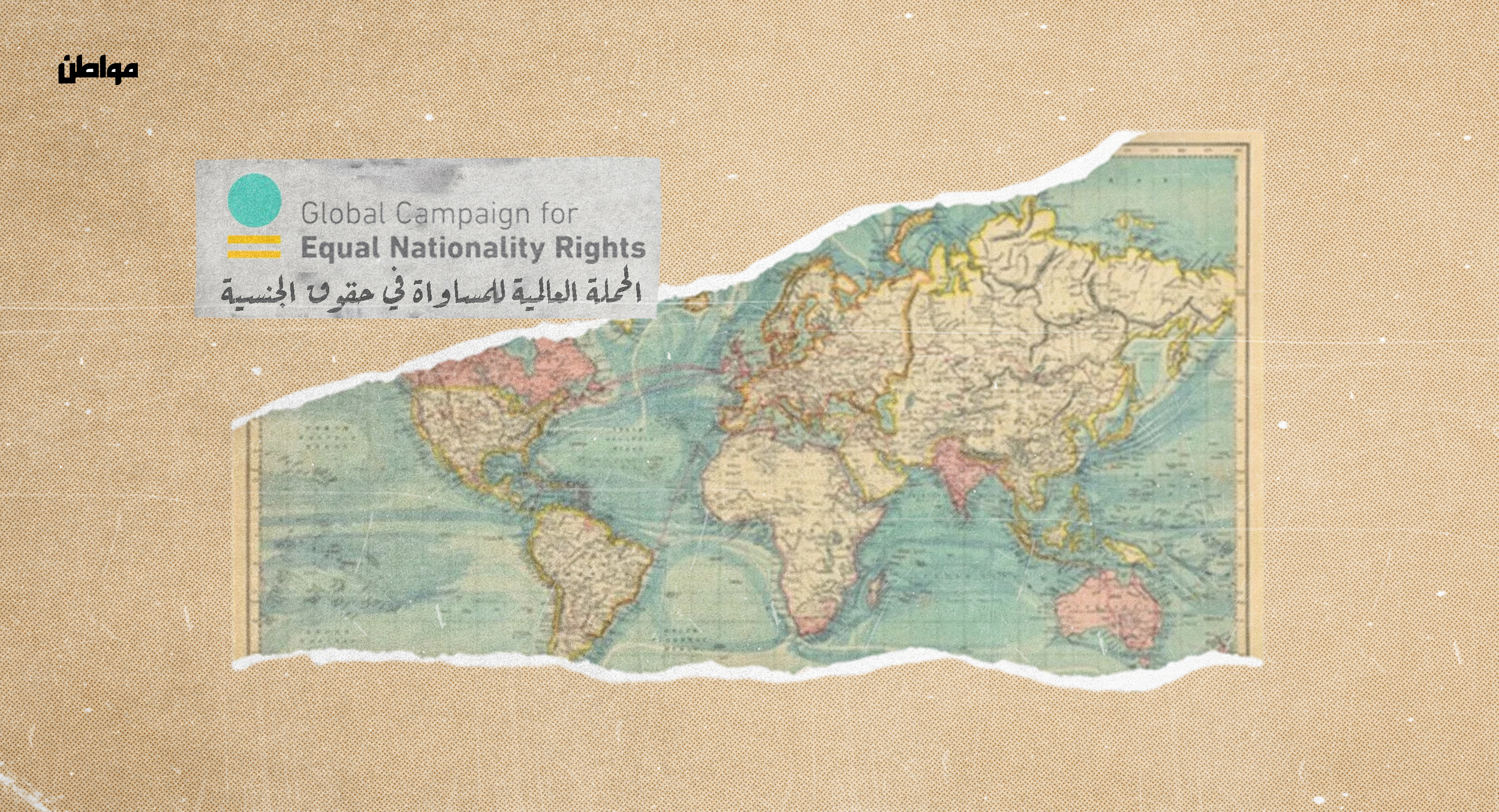All human beings have the right to be treated equally without discrimination on the basis of their gender. No other justification is required to support gender equality outside of each person’s human dignity. At the same time, we know gender equality is not only just, but is in fact in every society’s best interest. The evidence is clear – whether considered from an economic, security, or sociological lens; the societies that hold the greatest promise for prosperity, stability, and their population’s wellbeing are those that uphold women and men’s equal citizenship and foster inclusion.
The many costs of gender discrimination in nationality laws – to individuals and society as a whole – have been well documented. From the teen who cannot follow their professional dreams because of the educational opportunities denied to noncitizens, to the young couple seeking to build a family but who fear a future of exclusion faced by their children, women’s unequal ability to confer nationality is causing unnecessary suffering and exclusion. Discriminatory nationality laws are also holding countries back, by inhibiting their citizens’ children from fully contributing to the development of the country they call home.
In the Middle East-North Africa region, we can see examples of how reforms to uphold women and men’s equal right to confer nationality have benefitted societies, affirmed principles of equal citizenship enshrined in Constitutions, and honored commitments made through international human rights conventions. We can also see the tragic impact of gender discrimination in nationality laws in a number of countries across the region. We see gender discrimination in nationality laws contributing to gender-based violence, exacerbating the vulnerability of displaced populations and those impacted by conflict, and driving poverty and a sense of hopelessness.
the young couple seeking to build a family but who fear a future of exclusion faced by their children,
The countries that comprise the Middle East-North Africa region are diverse and must respond to a variety of opportunities and challenges that will influence their path forward. Whatever the route, it is clear that to achieve peace, sustainable prosperity, and justice, the paths must lead to a place where nationality laws honor women and men’s equal citizenship and where citizens’ children are equally welcomed as members of the national family.
Legal reform is not often easy. But, when we look at the problems facing the world and the MENA region in particular today, many do not have easy solutions or require little resources to resolve. This is not so when it comes to the harm and suffering caused by gender discrimination in nationality laws. These man-made problems – largely rooted in colonial legacies – can be resolved without significant financial resources or intensive study to find a solution. Those countries that have already enacted reforms have demonstrated this fact. What is required is political will.
This political will is already being shown by political leaders in many contexts. At the same time, affected persons and civil society groups are working tirelessly to increase policymakers’ understanding of the severe harm caused by gender discrimination in nationality laws and the many benefits of reform. But, every day that discriminatory nationality laws are in place, people will suffer unnecessarily. It is time for expedited, collaborative action to achieve gender-equal nationality laws.
The Global Campaign for Equal Nationality Rights will continue to work with affected persons, civil society, policymakers, and other stakeholders to achieve a world where all nationality laws uphold women and men’s equal citizenship. I invite you to join us.






